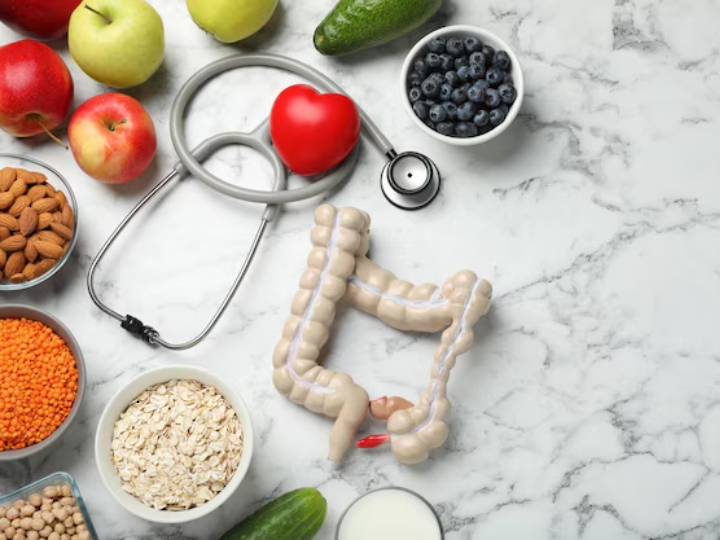Nighttime Acid Reflux: Causes, Prevention, and Treatment

Acid reflux is a common condition that affects millions of people worldwide. However, experiencing acid reflux at night can be particularly distressing, leading to poor sleep, discomfort, and potential long-term complications. Understanding the causes, prevention strategies, and treatment options can help manage nighttime acid reflux effectively. In this comprehensive guide, we will explore the reasons behind nighttime acid reflux, how to prevent it, and the available treatment options. We will also discuss the role of a gastroenterologist in diagnosing and managing this condition. What Is Nighttime Acid Reflux? Acid reflux, also known as gastroesophageal reflux disease (GERD), occurs when stomach acid flows back into the esophagus. This happens due to a weakened lower esophageal sphincter (LES), the muscle responsible for keeping stomach contents from rising into the esophagus. When reflux occurs at night, it can be more severe because lying down makes it easier for stomach acid...





